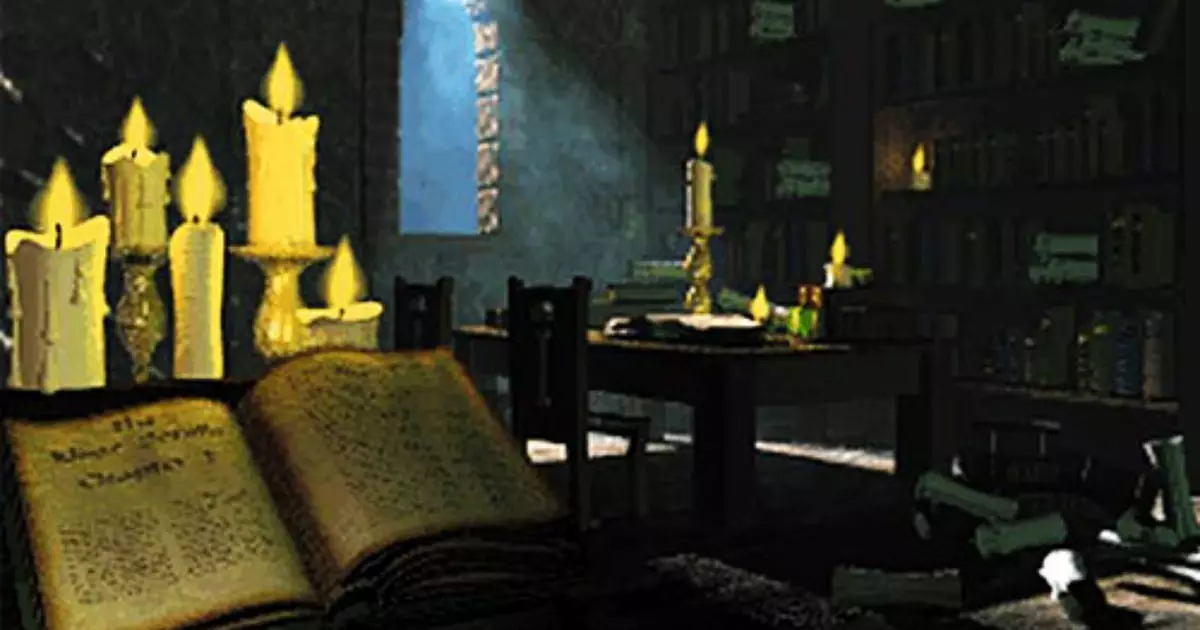Julian LeFay’s passing marks the loss of a visionary whose influence extends far beyond his years at Bethesda. His early work in the gaming industry laid crucial groundwork that continues to resonate within the role-playing genre. LeFay, whose career began in the late 1980s, was instrumental in transforming what RPGs could be, pushing boundaries through technical innovation and storytelling depth. His early contributions—particularly as the lead programmer for iconic titles like *The Elder Scrolls: Arena* and *Daggerfall*—established standards that define the genre even decades later. These games didn’t just entertain; they offered vast, open worlds that invited exploration and emergent storytelling, qualities that are now considered staples of modern RPG design.
What makes LeFay’s role so remarkable is the combination of technical mastery and creative vision. As project leader for *Daggerfall*, he was responsible for managing complex systems that handled procedural generation, sprawling environments, and player agency—all with the limited technology of the 1990s. Such accomplishments demonstrate not only technical prowess but also an uncanny understanding of what players wanted: immersive, expansive worlds where they could forge their own stories. His work on subsequent titles like *Morrowind* and *Redguard* further cemented his reputation as a pioneer capable of elevating the genre.
A Legacy Fueled by Passion and Resilience
Beyond his early accomplishments, LeFay’s story is one of dedication and perseverance. After his initial rise at Bethesda, he chose to step away from mainstream gaming, working on smaller projects—including collaborations with Sega—shying from the limelight. Yet, his influence persisted, subtly shaping the industry through his innovative ideas and mentorship. The 2017 resurgence of interest in his work, sparked by an interview with YouTuber Ian Phoenix, rekindled enthusiasm for his contributions and inspired a new generation of designers.
LeFay’s return to the scene with *The Wayward Realms*, a project inspired by his early works, exemplifies his undying passion for creating compelling RPG experiences. Despite battling cancer and announcing his departure from active development due to health concerns, his unwavering dedication never waned. The fact that he continued to mentor his team and share his vision even as his body weakened speaks volumes about his character. He epitomized resilience—not just in his personal fight but in his relentless pursuit of artistic excellence.
This unwavering commitment has made his story not just one of technical achievement, but an inspiring testament to perseverance in the face of adversity. His life’s work reminds us that true innovation persists despite hardships, and that a visionary spirit can influence generations long after one’s physical presence is gone.
A Lasting Influence on the Future of RPGs
The gaming community and industry owe a debt of gratitude to LeFay. The lore, mechanics, and narrative depth introduced in his early titles have become foundational elements for countless RPGs. As *The Elder Scrolls* series expanded, it inherited the seeds he planted—world-building, player choice, and immersive storytelling—becoming a benchmark for excellence.
In recent years, a renewed focus on ambitious RPG projects has sought to emulate the legacy LeFay fostered. His work demonstrates that technical innovation and creative storytelling are inseparable; the evolution of the genre depends on visionary individuals willing to push limits. The founding of OnceLost Games and the development of *The Wayward Realms* are proof that his ideas continue to inspire.
While his physical presence is no longer with us, the ideas and standards Julian LeFay set remain alive. His influence is imprinted onto every sprawling game world, complex system, and narrative-driven experience that defines modern RPGs. As developers forge ahead, the best tribute to his legacy is a continued pursuit of creativity and excellence—traits LeFay exemplified throughout his extraordinary career.

